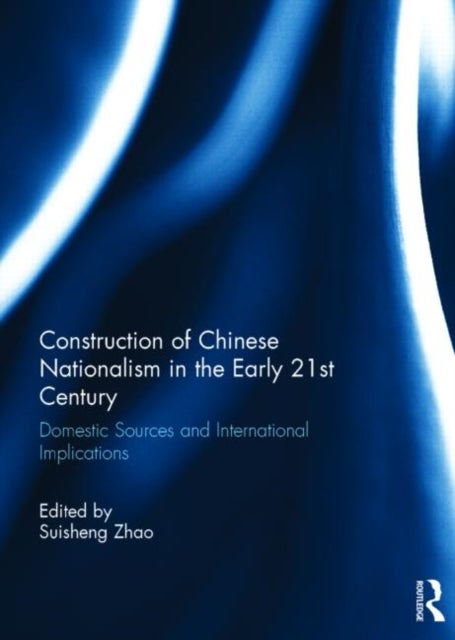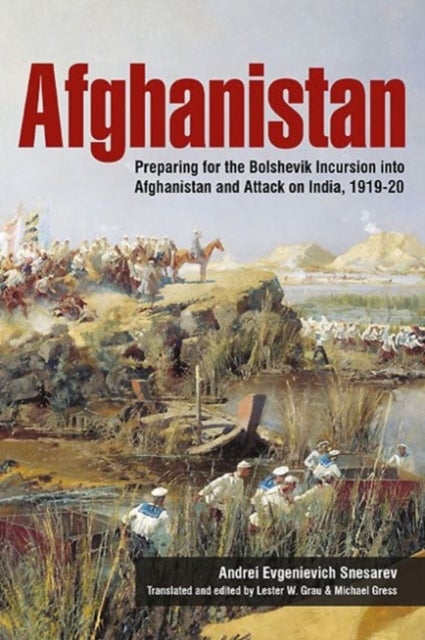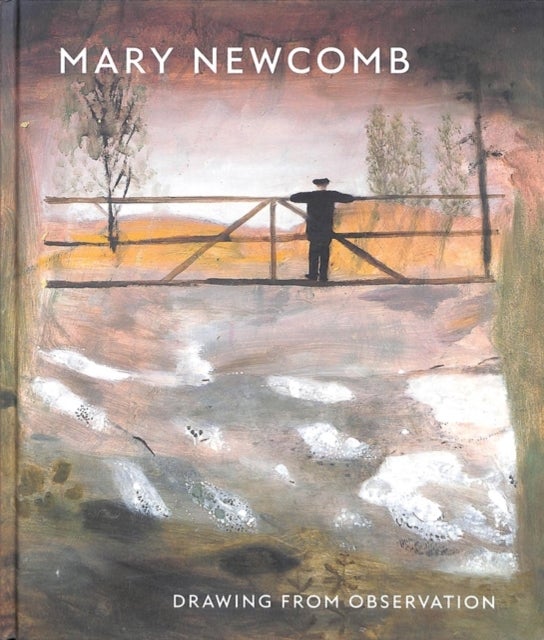
Construction of Chinese Nationalism in the Early 21st Century
1879,-
<P>Chinese nationalism is powered by a narrative of China''s century of shame and humiliation in the hands of imperialist powers and calls for the Chinese government to redeem the past humiliations and take back all "lost territories." The continuing surge of Chinese nationalism in the early 21st century therefore has fed a roiling sense of anxiety in many political capitals about whether a virulent nationalism has emerged to make China¿s rise anything but peaceful. This book addresses this anxiety by examining the domestic sources and foreign policy implications of Chinese nationalism in the early 21<SUP>st</SUP> century. </P><P>It is divided into three parts. Part I is an overview of the scholarly debate about if the rise of Chinese nationalism has driven China¿s foreign policy in a more irrational and inflexible direction in the first one and half decades of the 21st century. Part II analyzes the construction of Chinese nationalism by a variety of domestic forces, including the comm








